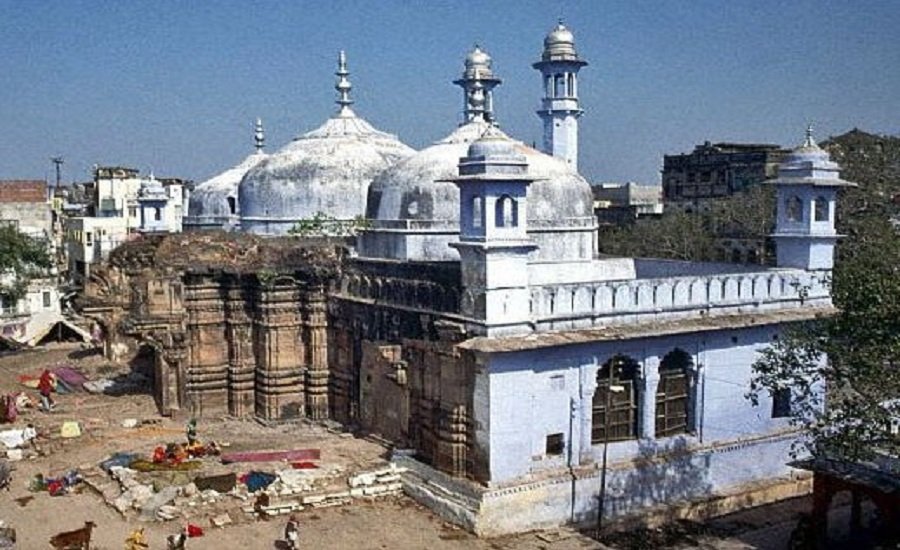Clarion India
AYODHYA – Emboldened by the event at Ayodhya where on Wednesday Prime Minister Narendra Modi laid the foundation stone for a Ram temple on the ruins of Babri Mosque, now Hindutva fanatics have set their sights on Kashi and Mathura mosques.
Akhara Parishad head Narendra Giri told IANS news agency: “We are happy. Ram Rajya has been established in India. Under the leadership of Modi, even Lord Krishna would be freed. As would be Kashi Vishwanath. We just have to wait.”
Giri said that the Hindus wished to take up the issues of Kashi and Mathura as per the set processes.
In Varanasi, Gyanvapi mosque shares a boundary wall with the Kashi Vishwanath temple. The mosque is said to have been built by Mughal Emperor Aurangzeb in 1669. Hindu leaders have been demanding the removal of the mosque and handover of the entire land to their community.
In Mathura, Shahi Idgah mosque stands next to a temple which Hindus claim to be Krishna Janmabhoomi (birth place of Krishna).
Vaishnav Parishad Mahant Phool Dol Bihari Das claimed: “Kashi Viswanath temple is our next destination. Every issue will be taken up with the passage of time.”
Varanasi’s Jitendranand Saraswati went even further. He claimed that ‘the slavery of the last 1,000 years’ had been done away with through the launch of the construction of the Ram temple in Ayodhya, adding that they now aimed to take up the issues of the disputed sites at Kashi and Mathura, both in UP.
Ayodhya Sant Samiti head Kanhaiya Das said he was happy that their hard work over the years had finally paid off. “We will move forward slowly,” he remarked.
Earlier in June, the Hindu Mahasabha renewed the call for handing over of disputed religious sites at Kashi and Mathura to Hindus.
Mahasabha’s demand came just days after another Hindu body, the Vishwa Bhadra Pujari Purohit Mahasangh moved the Supreme Court of India to challenge an Act that stipulates maintenance of the religious character of places as they existed on August 15, 1947.
In response, the Jamiat-Ulema Hind, an organisation of Muslim scholars, approached the apex court with a petition that any plea by Hindu groups in the Kashi or Mathura disputes should not be entertained.


